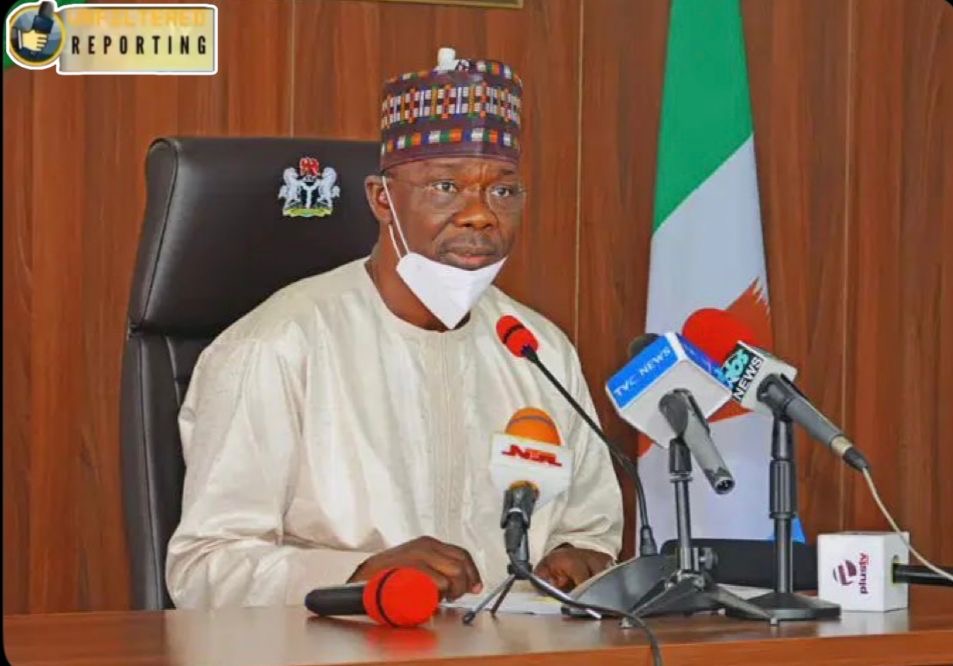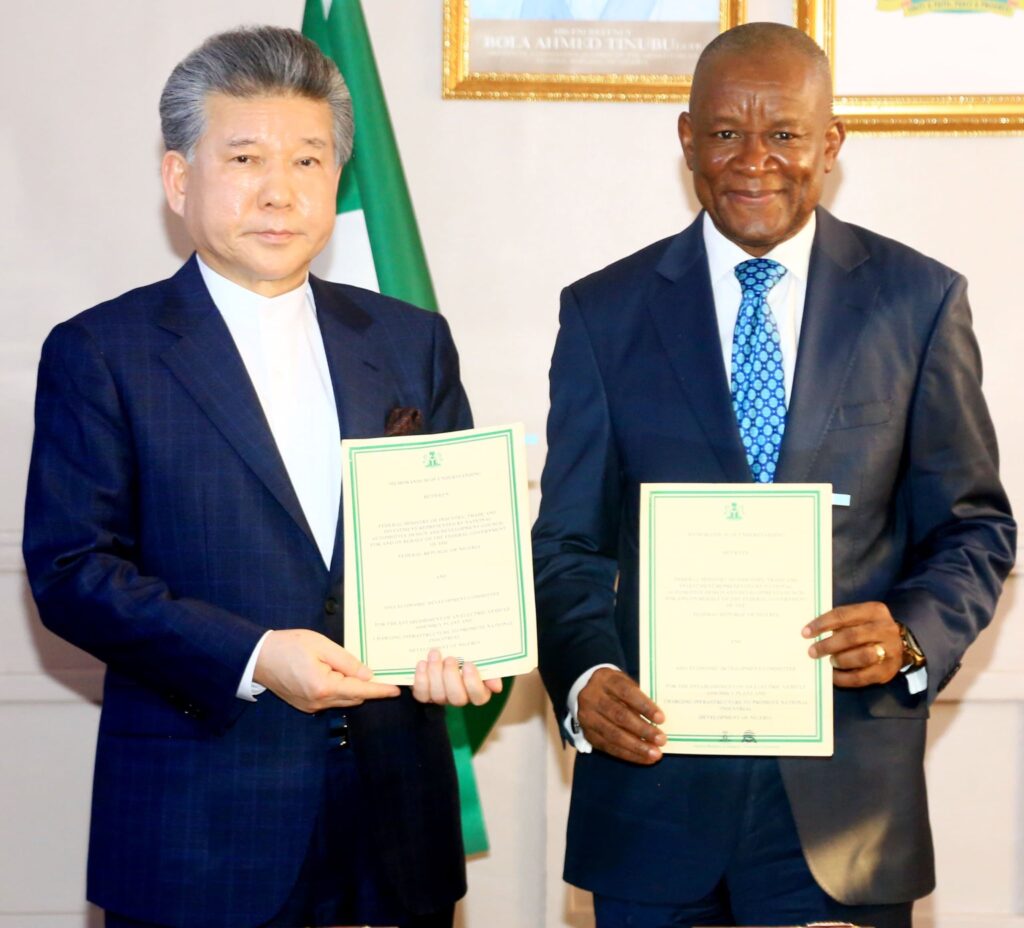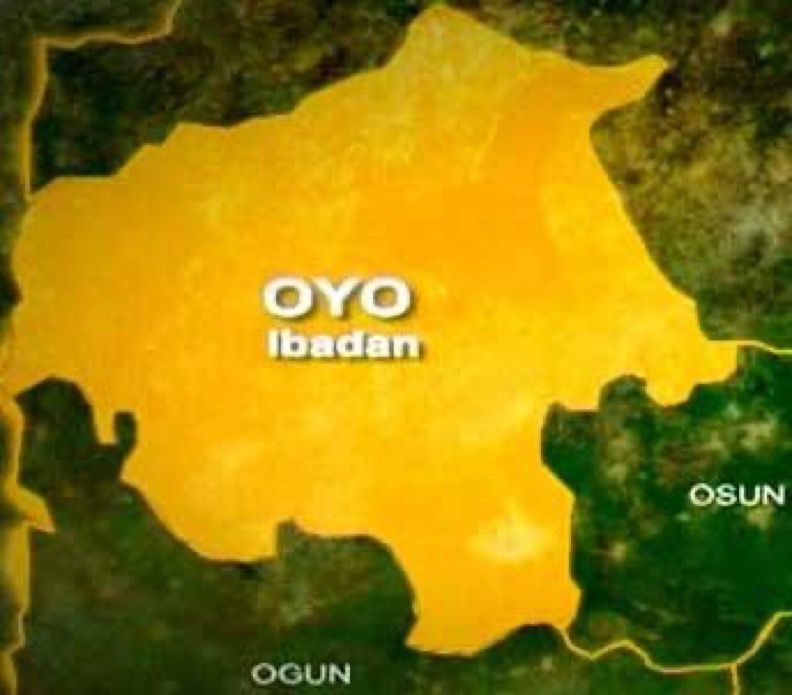Governor Abdullahi Sule of Nasarawa State has shared an emotional account of how a group of almajiri children, through a modest social-support initiative, transformed their lives and ventured into shoemaking, a development that he said brought him to tears. The governor, who spoke during a stakeholders’ engagement session organised by the National Social Safety-Nets Coordinating Office (NASSCO) in Lagos, recalled how the almajiris, after receiving a small stipend of N5,000 each, pooled their resources to establish a micro-trade. According to him, the children not only started producing shoes but went further to present a pair to him as a gift — a gesture he described as humbling and unforgettable. “I was touched beyond words when they brought me the shoes they had made from what many would consider a very little support. It proved to me that when government policies are practical and reach the right people, lives can be changed,” Sule said. The governor emphasised that the episode reinforced his conviction about the impact of social protection programmes, stressing that even seemingly insignificant interventions could create sustainable opportunities for vulnerable groups. He noted that the shoemaking initiative by the almajiris was proof that strategic empowerment, rather than handouts, was what communities at the grassroots level truly needed. Governor Sule also used the platform to highlight the urgent need to reform the almajiri system, which he described as both a social and security challenge across northern Nigeria. He urged leaders in the region to work towards replacing the practice with structured education and vocational training that would prepare children for meaningful contributions to society. His remarks drew attention from policymakers and development partners present at the event, many of whom agreed that effective coordination between federal and state governments was essential for social-safety-net programmes to achieve long-term impact. They stressed that accurate social registers, transparency in cash transfer disbursement, and proper monitoring would ensure that success stories like that of the almajiris in Nasarawa could be replicated nationwide. Reactions have continued to trail the governor’s comments. While some Nigerians applauded his example as evidence that targeted interventions can change lives, others argued that such anecdotes must be backed with data to measure actual progress. Analysts further recommended that social protection programmes should be integrated with formal education and vocational training, to ensure beneficiaries move beyond survival and into sustainable livelihoods. Governor Sule’s touching account has since been widely discussed across political and civic platforms, with many observers noting that his story demonstrates the potential of small but well-targeted policies to restore dignity, hope, and self-reliance among the most vulnerable citizens.










